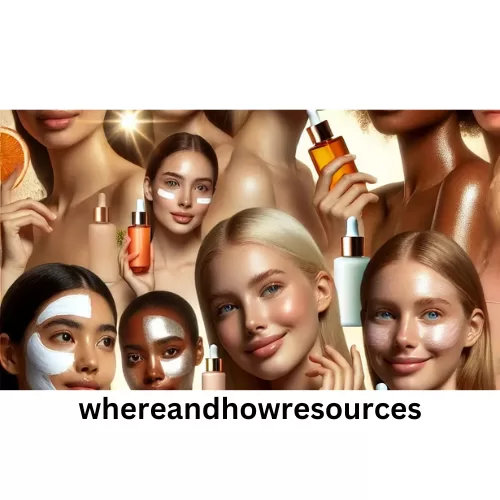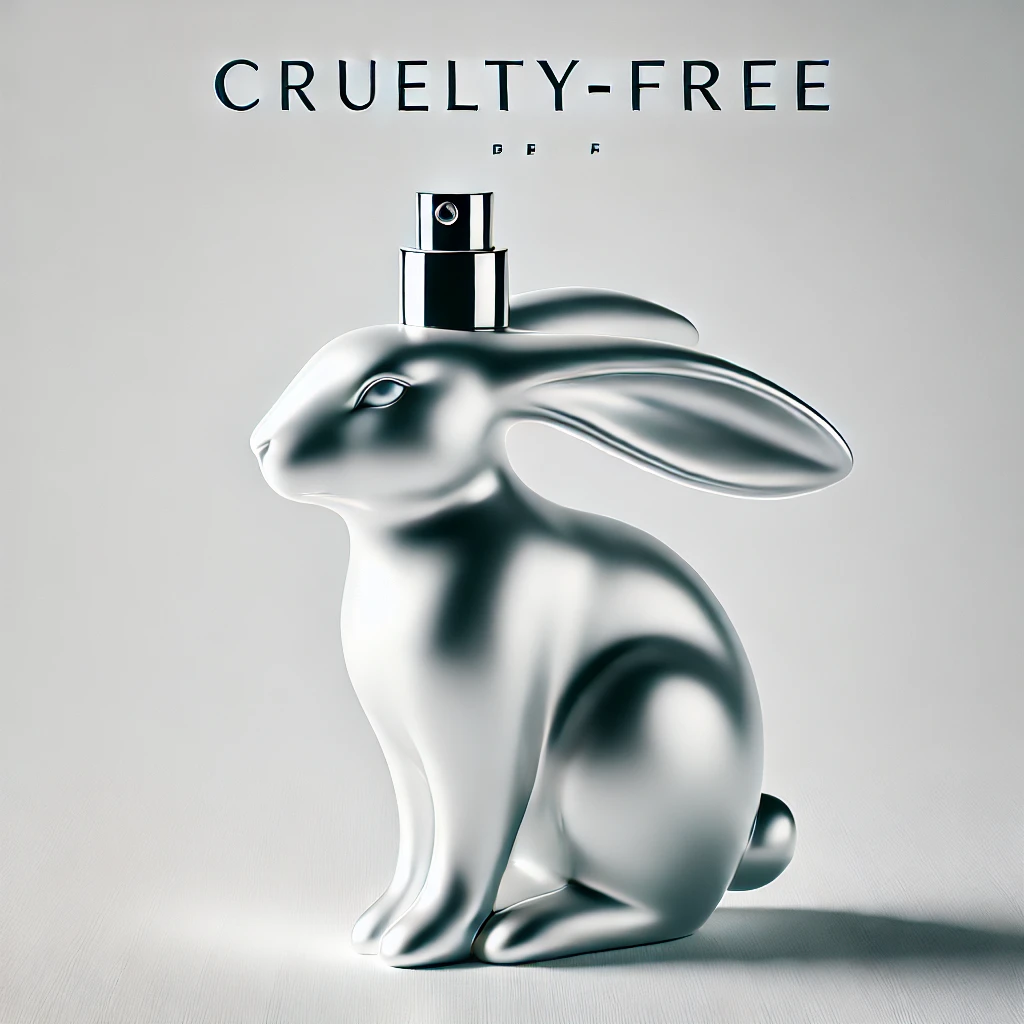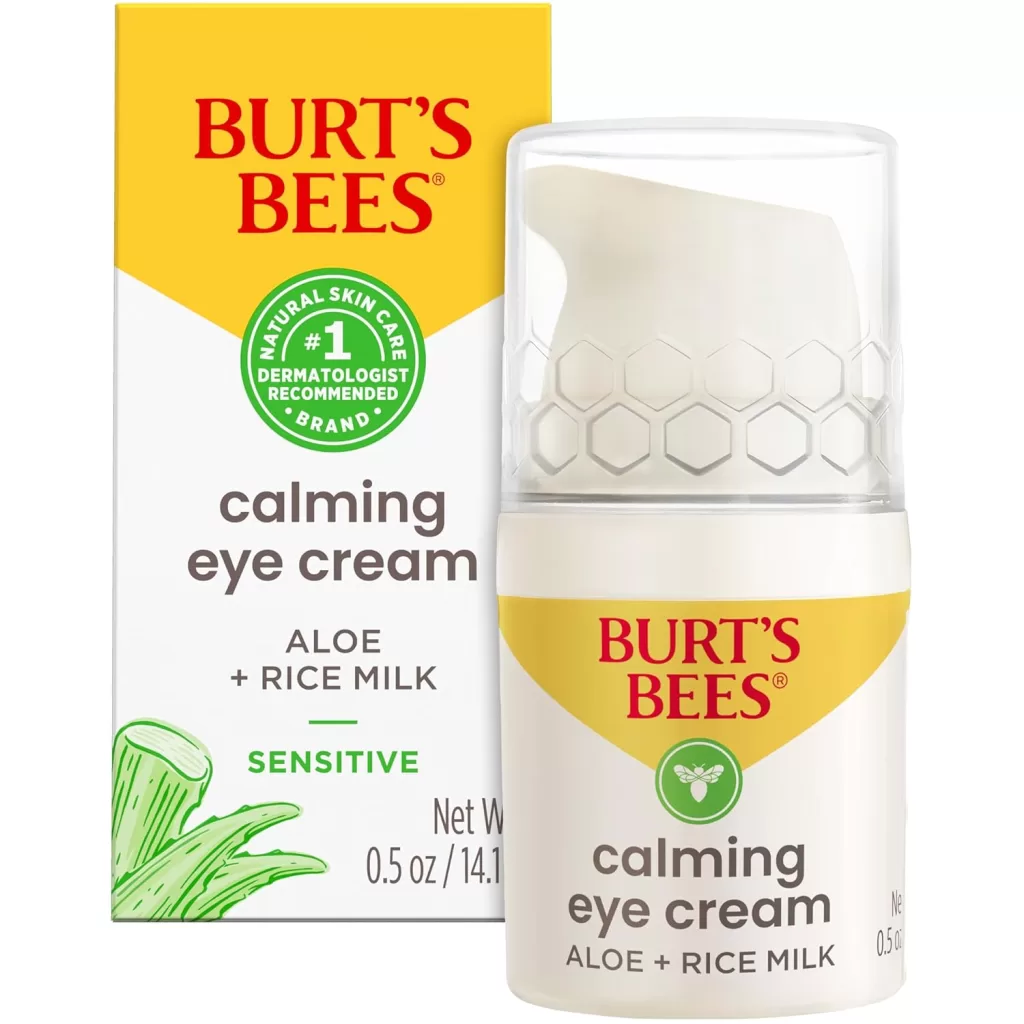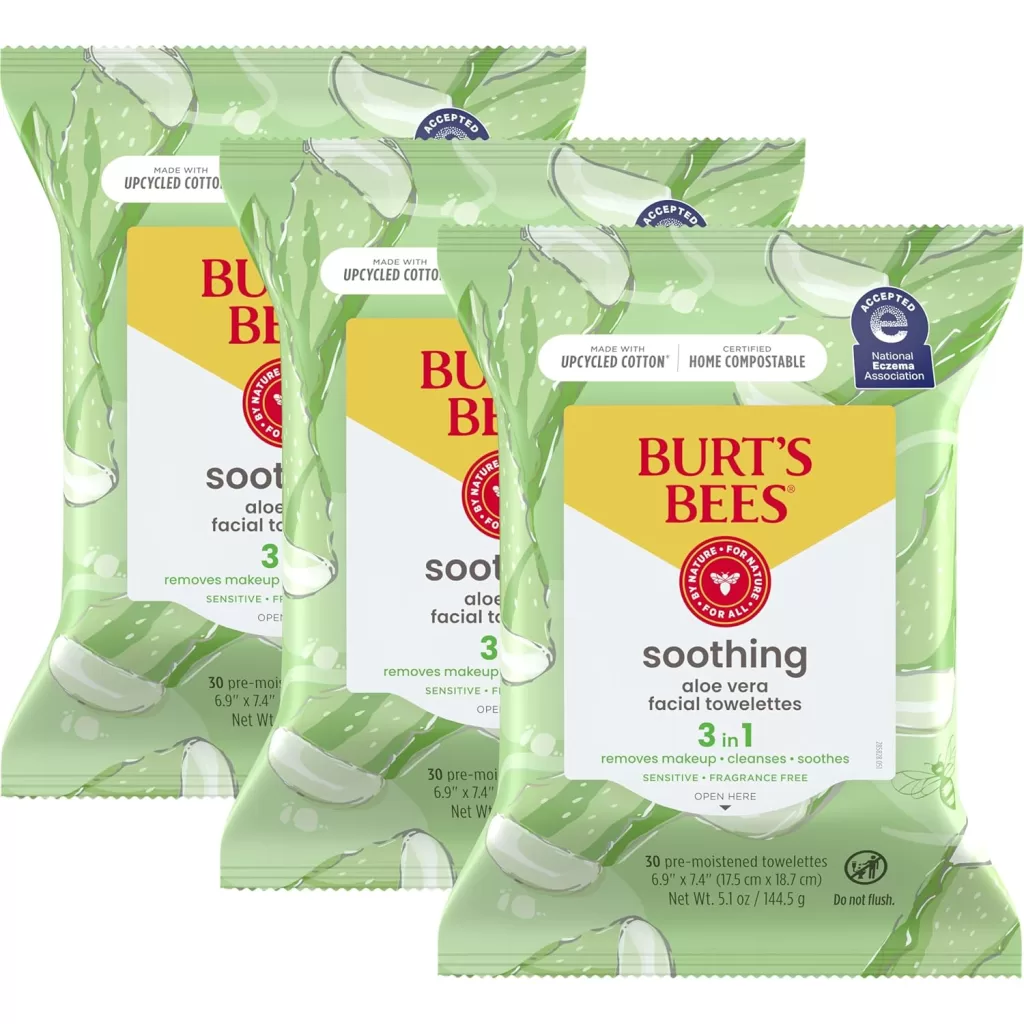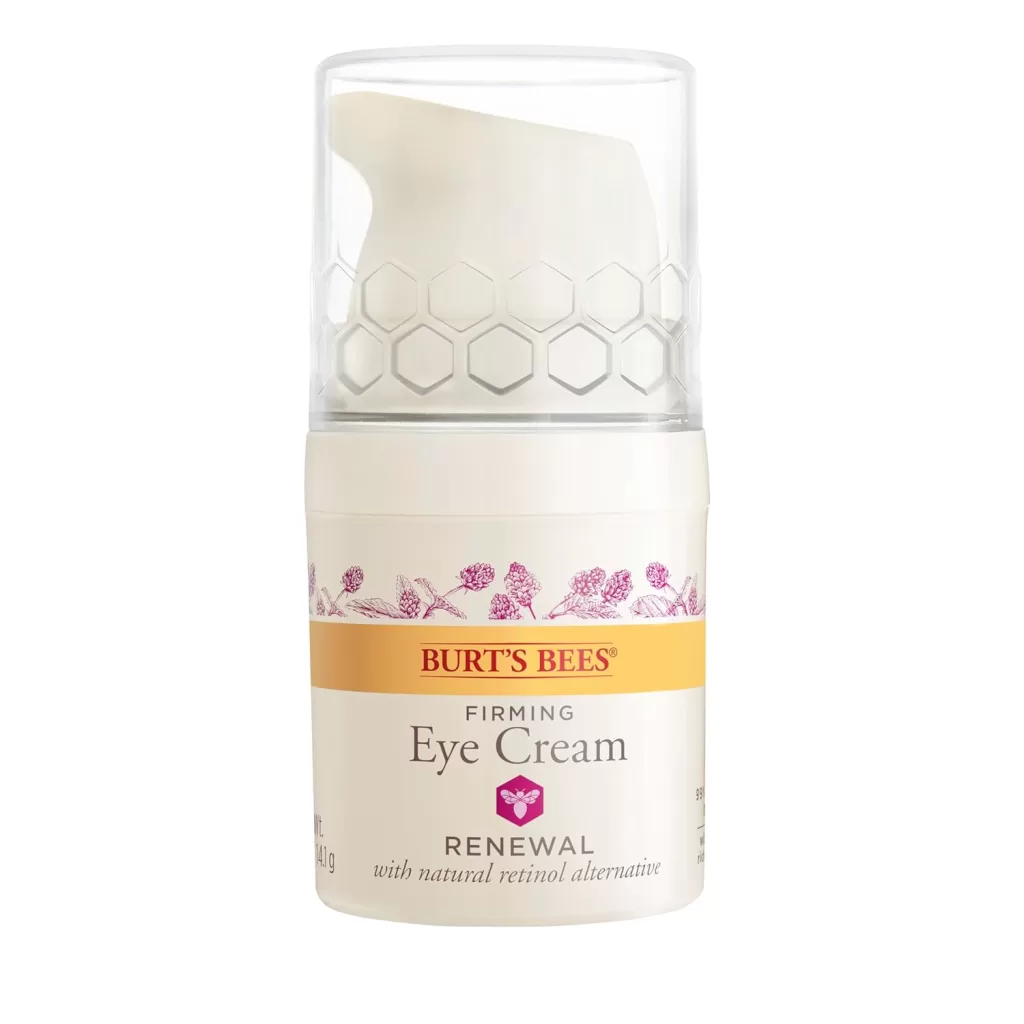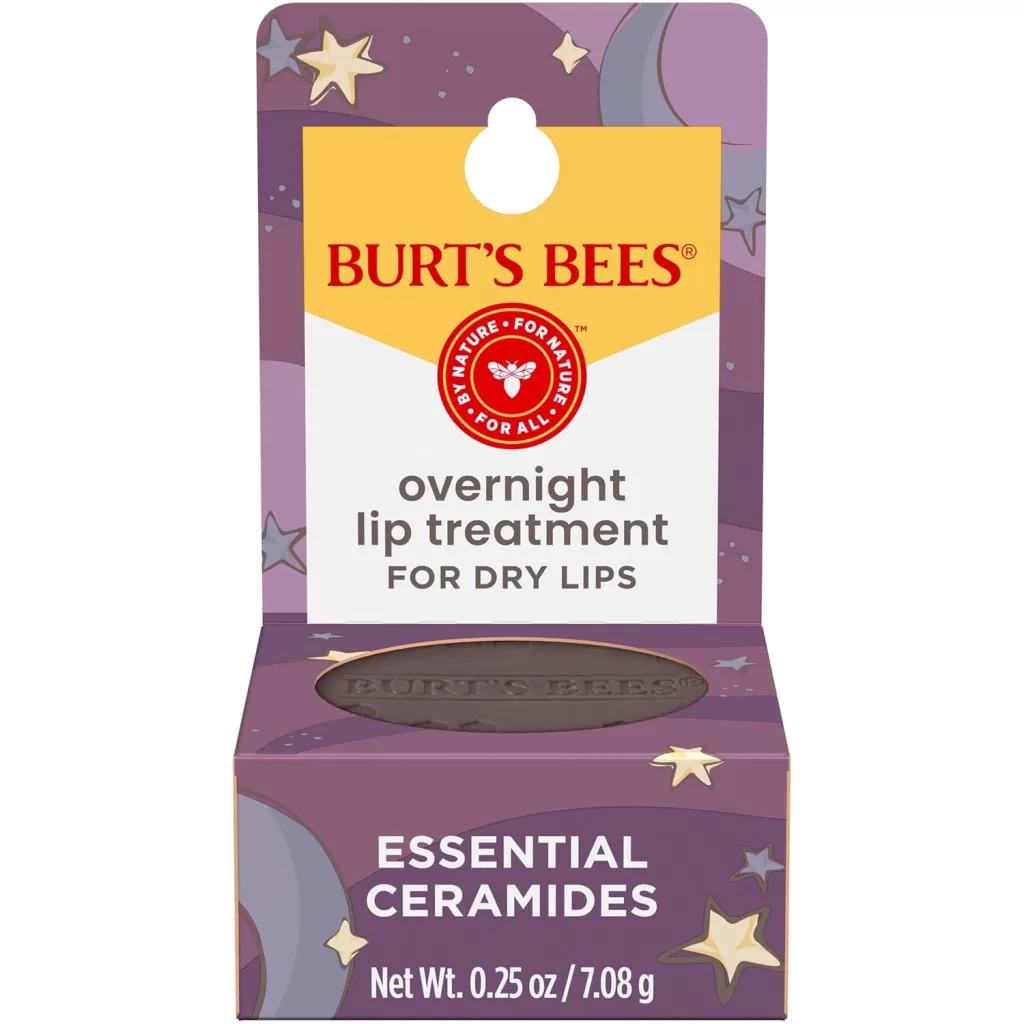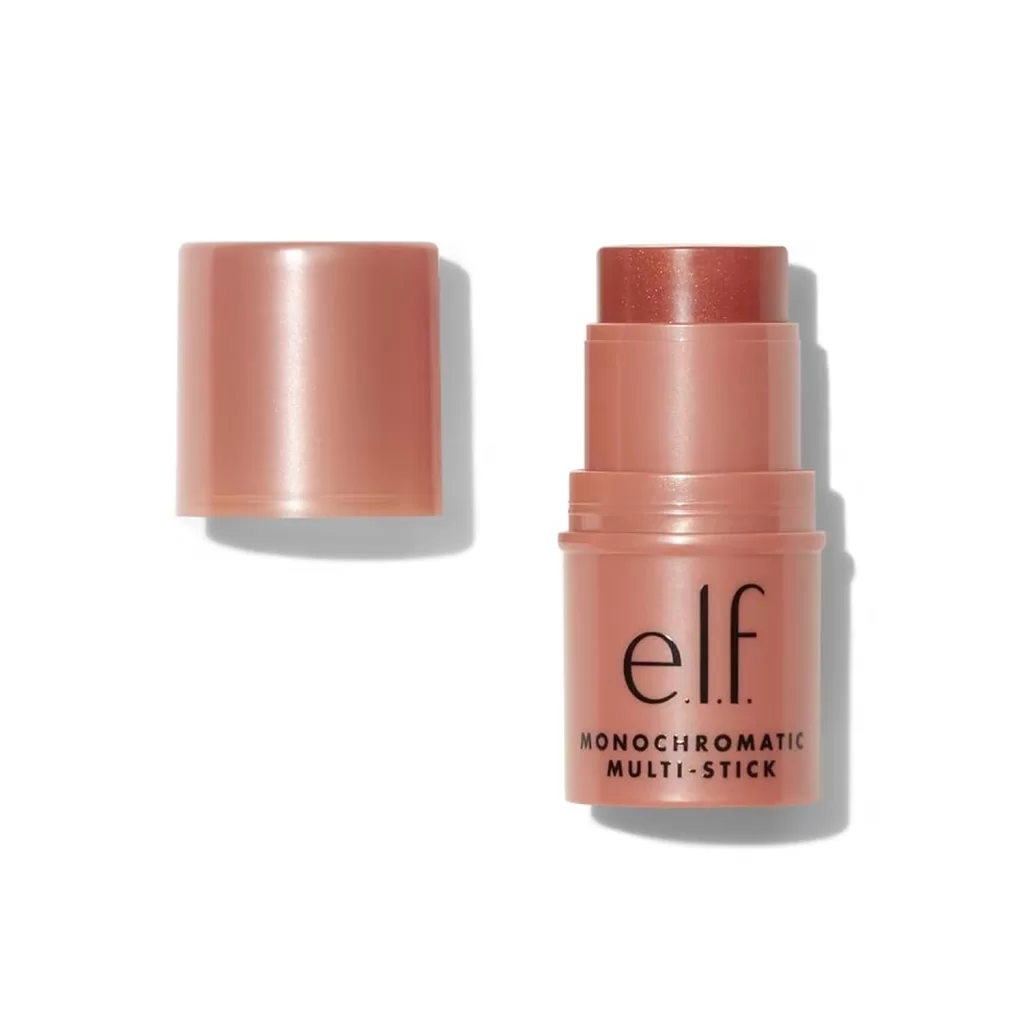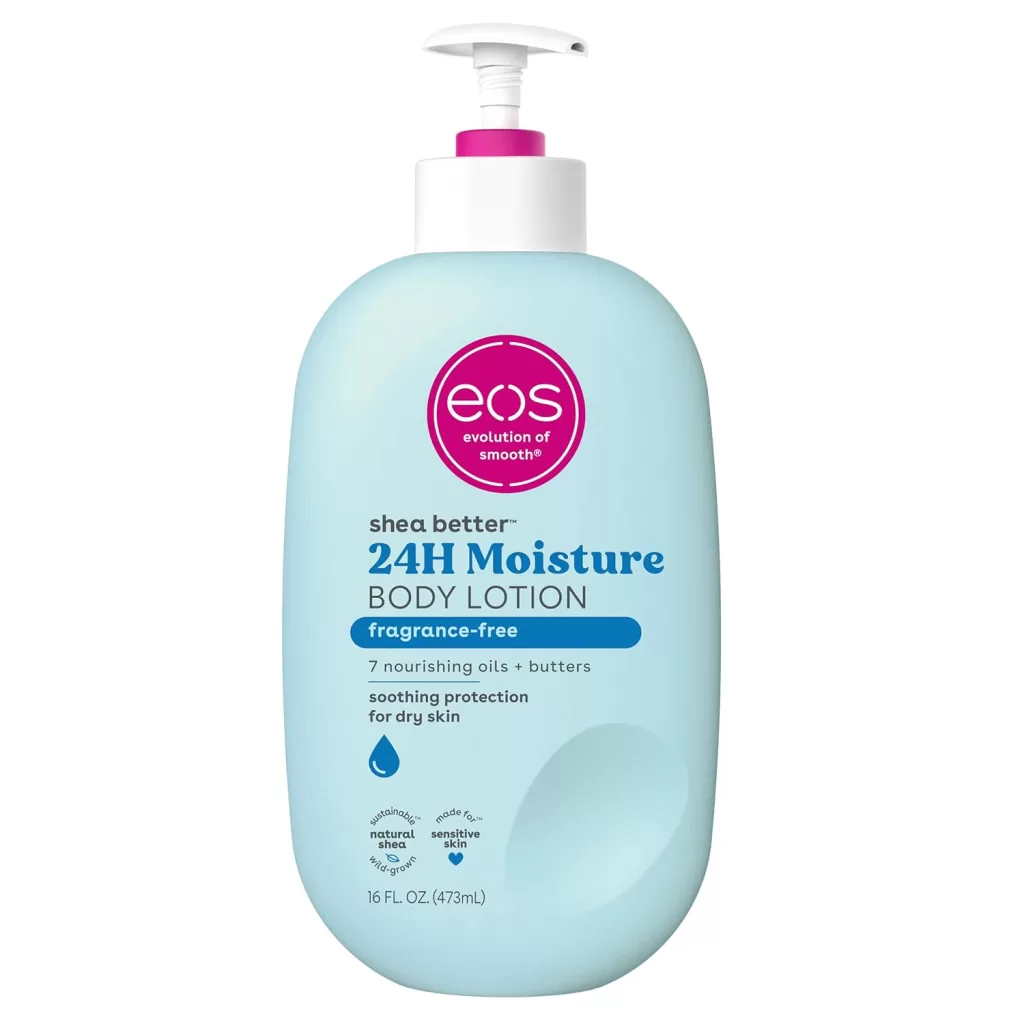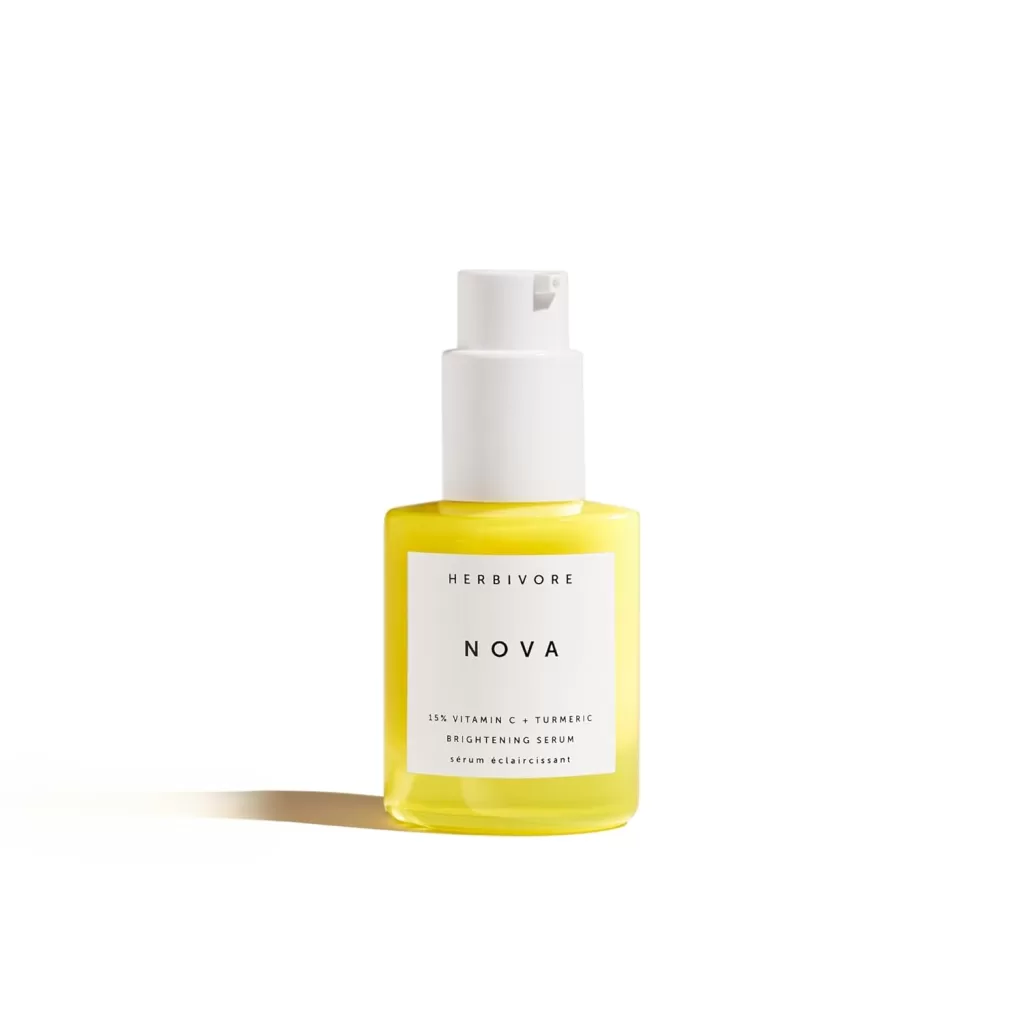Unveiling the Myths: The Real Story of Cruelty-Free Skincare
In today’s beauty landscape, many consumers are turning to “cruelty-free” products in a bid to make more ethical choices. However, there’s still a great deal of confusion about what the term truly means. Does ‘cruelty-free‘ guarantee that no animals were harmed during production? Is it regulated by law, or is it simply a marketing strategy? Indeed, in this article, we will not only unveil the myths surrounding cruelty-free skincare but also reveal the facts, thereby empowering you to make more informed choices about the products you buy.
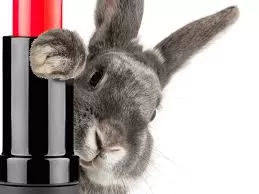
Ethical Elegance in Cruelty-Free Beauty: Transparency and Sustainability at the Forefront
Ethical Elegance in Cruelty-Free Beauty: Transparency and Sustainability The current trend in ethical elegance within Cruelty-free beauty is transforming the industry, largely driven by consumer demand for transparency, sustainability, and animal welfare. Brands are increasingly offering vegan, cruelty-free products, catering to a market that prioritizes environmental consciousness. This shift reflects responsible production methods, including sourcing…
What Does Cruelty-Free Really Mean?
Many beauty consumers mistakenly believe that the simple claim of ‘cruelty-free‘ or a bunny logo guarantees that a product hasn’t been tested on animals. However, the reality is more complex. Unfortunately, the term ‘cruelty-free‘ is not regulated, which means it can often be misleading. To ensure you’re purchasing a truly cruelty-free product, it’s essential to understand how animal testing occurs and seek out reliable certifications.
Myth 1: “Cruelty-Free” Label Means No Animal Testing
Fact: The term “cruelty-free” is not regulated by any global authority, and companies may test at different stages of production or outsource to third parties. For a product to be genuinely cruelty-free, it needs to be certified by an organization like the Leaping Bunny Program.
Cruelty-Free Skincare Myths: Leaping Bunny Certified Products
Burt’s Bees is one of the most recognized cruelty-free brands. Their Natural Moisturizer is Leaping Bunny certified and made from 99% natural ingredients, making it a safe choice for your skin.
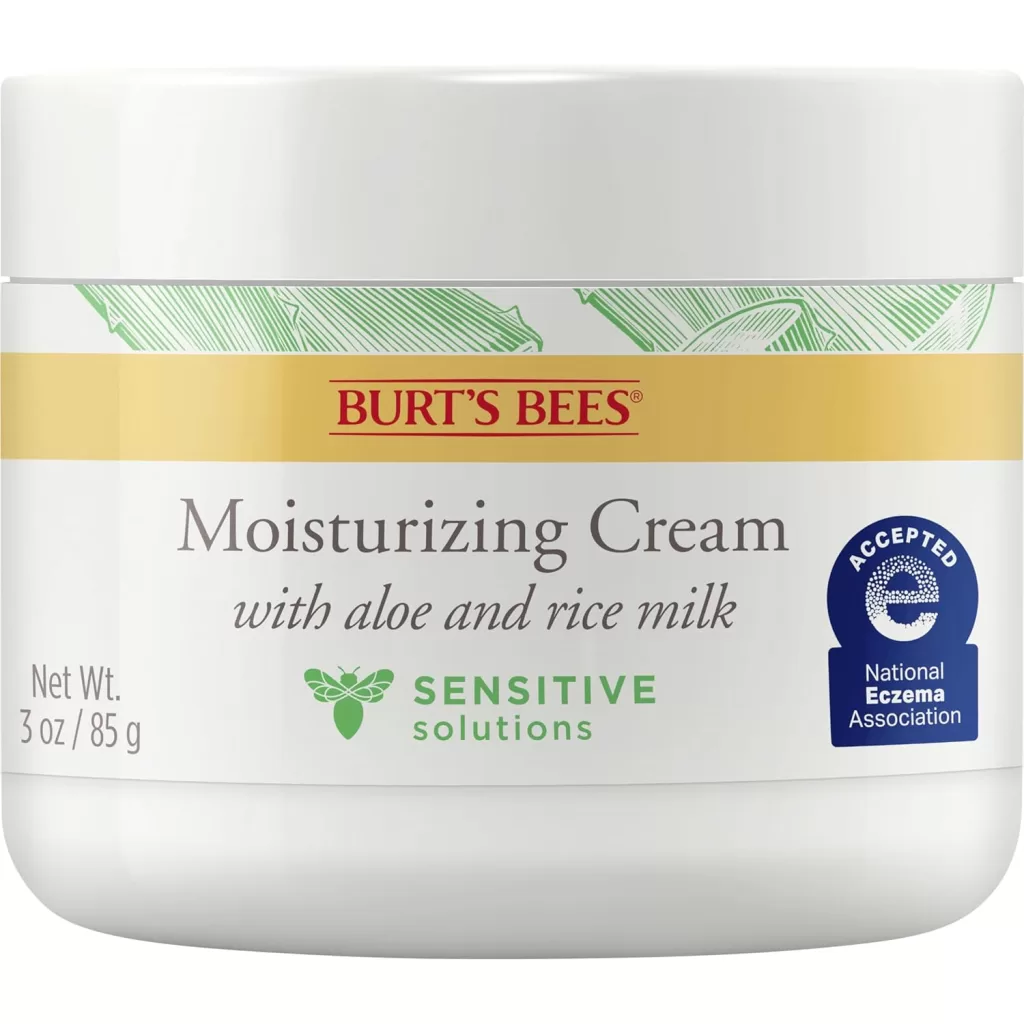
Burt’s Bees Sensitive Moisturizing Cream – Face Moisturizer, 3 oz. (Pack of 1) | With Aloe Vera and Rice Milk | 98.8 Percent
Myth 2: The Law Requires Animal Testing on Cosmetics
Fact: Neither the FDA nor the CPSC mandates animal testing for cosmetics or personal care products. Many companies are using alternatives like in vitro testing and computer models to ensure product safety.
Burt’s Bees Naturally Clean Hand Soap
Burt’s Bees Naturally Clean Hand Soap is a cruelty-free brand that uses innovative, eco-friendly methods to ensure product safety without harming animals. Their hand washes are 100% cruelty-free and environmentally responsible.

Burt’s Bees Naturally Clean Hand Soap with Lavender and Honey, 8 Fluid Ounces (Pack of 3)
Myth 3: Products Not Tested on Animals Aren’t Safe for Humans
Fact: Numerous alternatives like cell cultures, computer models, and human clinical trials are reliable and approved methods for ensuring a product’s safety without animal cruelty.
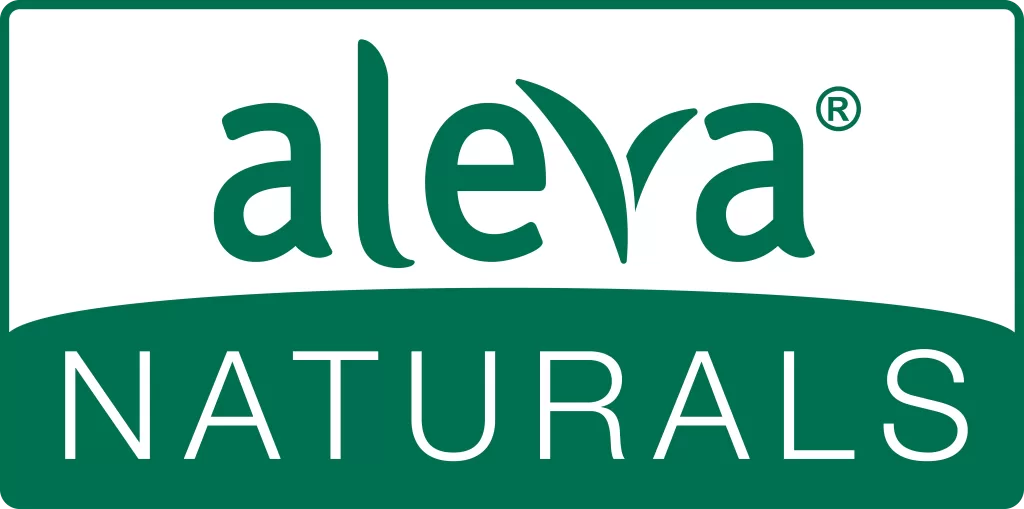
Created by a dedicated naturopath, herbalist, and pharmacist, Aleva Naturals offers a range of pure, plant-based products designed to nurture and protect your baby’s delicate skin. Our gentle, pH-balanced formulations deliver therapeutic benefits without harsh chemicals, ensuring a safe and soothing experience for even the most sensitive skin.
Myth: A Bunny Logo Means It’s Cruelty-Free
IIt’s tempting to assume that any product with a bunny symbol hasn’t been tested on animals, but this is often misleading. In fact, many companies use bunny logos without undergoing any verification process. Therefore, it’s crucial to carefully research brands and look for official certifications like Leaping Bunny to ensure a truly cruelty-free product.
Fact: Only Reliable Certifications Matter
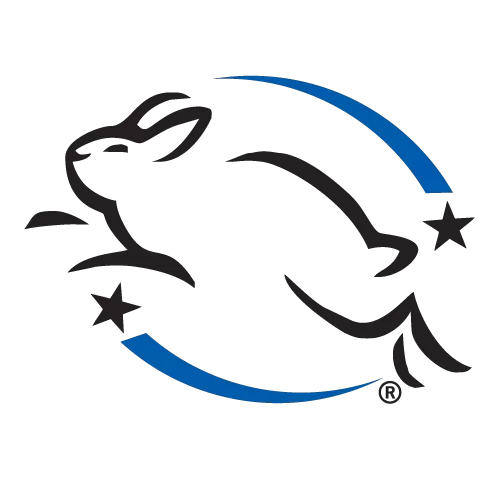
The Leaping Bunny certification is one of the most reliable ways to determine if a product is truly cruelty-free. Indeed, this certification ensures that neither the product nor its ingredients have been tested on animals at any stage of development. Moreover, to find more products like this, you can conveniently use the Leaping Bunny Compassionate Shopping Guide or their mobile app.
The Law and Animal Testing: What You Should Know
There’s a common misconception that animal testing is legally required for beauty and skincare products. This is far from the truth.
Myth: Animal Testing is Required by Law
Many believe that the law requires cosmetics and personal care products to be tested on animals for safety. This myth has persisted for years, but the reality is quite different.
Fact: Cruelty-Free Skincare Myths: There Are Alternatives to Animal Testing
In countries like the United States, there are no laws mandating animal testing for cosmetics. As a result, companies can instead rely on alternative testing methods such as in vitro testing, which utilizes cell cultures, or computer modeling, which simulates how substances affect human tissues. Moreover, these alternatives have been proven safe and effective, thereby ensuring that cruelty-free skincare products are both ethical and safe for consumers.
Are Cruelty-Free Products Safe?
Some consumers worry that if a product hasn’t been tested on animals, it might not be safe to use. But cruelty-free doesn’t mean unsafe.
Myth: Cruelty-Free Products Aren’t Tested for Safety
People often assume that skipping animal testing results in a product that’s less safe for humans. This is a common misunderstanding.
Fact: Cruelty-Free Skincare Myths: Non-Animal Testing Methods Are Reliable
Brands can effectively assess product safety through a combination of in vitro tests, clinical trials on human volunteers, and data from previously tested ingredients. For instance, many cruelty-free brands rely solely on ingredients with a proven track record of safe use in cosmetics and skincare, thereby eliminating the necessity for animal testing..
Finding Cruelty-Free Products: It’s Easier Than You Think
Many consumers believe that finding cruelty-free skincare and makeup products is a challenge, but fortunately, it has become much easier with the rise of ethical beauty brands.
Myth 4: Cruelty-Free Products Are Hard to Find
With growing demand for ethical beauty, it’s easier than ever to find cruelty-free products. Brands such as YesTo and Seventh Generation are certified by Leaping Bunny and offer a wide range of skincare products.
Fact: Cruelty-Free Skincare Myths: There Are More Options Than Ever
Popular brands such as Burt’s Bees, and YesTo are Leaping Bunny certified and readily available in most beauty stores. Additionally, you can use online guides and apps, such as the Leaping Bunny App, to help you find certified cruelty-free products quickly and easily.
Yes To Tomatoes Clear Skin Detoxifying Charcoal Mud Mask
- For Acne Treatment
It is the most decadent detoxifying experience…ever! This natural mud mask draws out impurities with charcoal, treats and prevents acne breakouts with salicylic acid, and conditions with a botanical blend of tomato, aloe, watermelon, pumpkin, and chamomile extracts. Even dreamier? It’s so rich and creamy, you’ll feel as if you are at the spa.
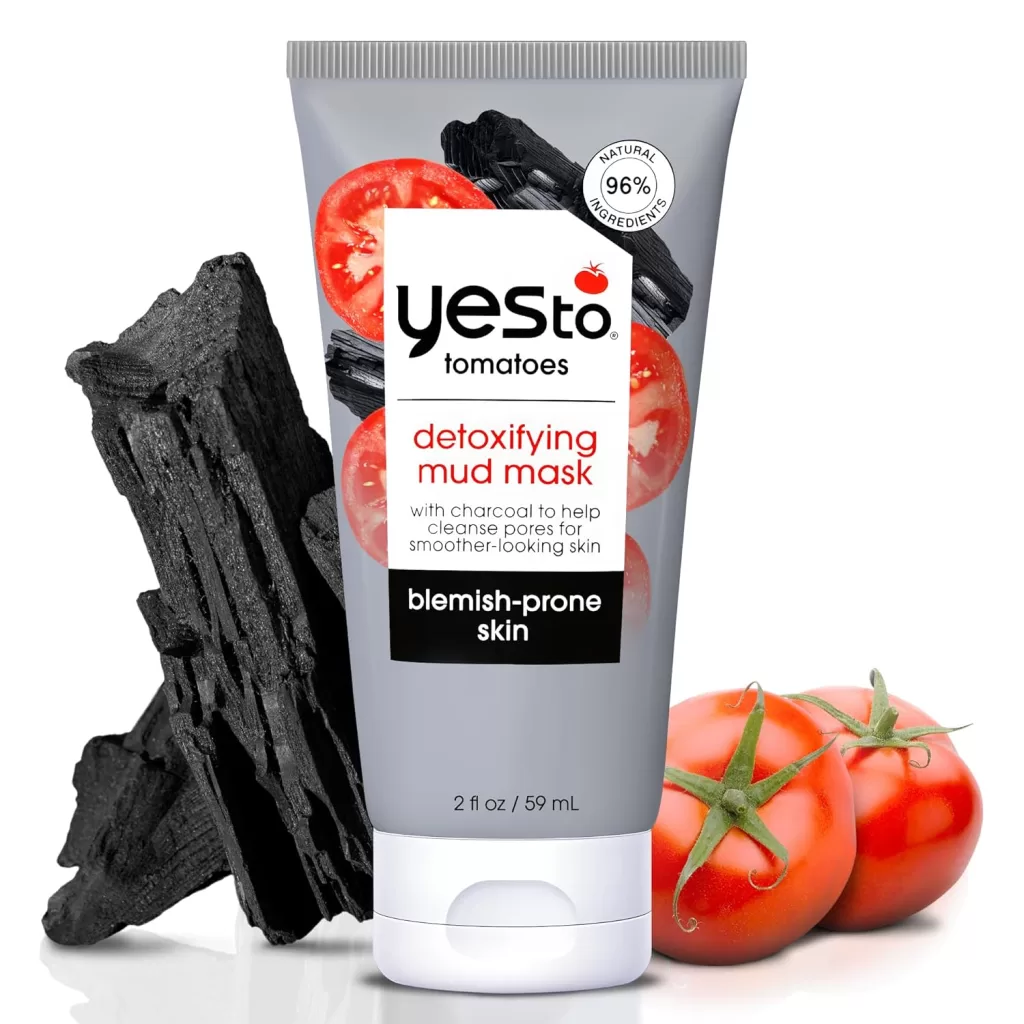
Yes To Tomatoes Clear Skin Detoxifying Charcoal Mud Mask For Acne Prone Skin Draw Out Impurities And Prevent Breakouts Contains Salicylic Acid 96 Natural…
- 96% Natural Ingredients, non-comedogenic.
- Free of Parabens, SLS and Silicones.
- Leaping Bunny Certified.
How to Shop Smart for Cruelty-Free Beauty Products
Shopping responsibly and finding cruelty-free products takes a bit of research, but it’s more than worth it for the animals and for your peace of mind. When looking for these products, make sure to:
- Check for the Leaping Bunny Certification: This is your best guarantee that no animals were harmed at any point in the product’s creation.
- Research Brands: Some companies may advertise as cruelty-free, but only at the final product stage. You can dig deeper into how the ingredients were tested.
- Use Trusted Resources: Utilize online tools like the Leaping Bunny Compassionate Shopping Guide to ensure the brands you support align with your values.
Cruelty-Free Skincare Myths:
Burt’s Bees Cruelty-Free Products
Cruelty-Free Skincare Myths: Other cruelty free products
FAQ: The Truth Behind Cruelty-Free Skincare
What does “cruelty-free” mean?
“Cruelty-free” means that a product and its ingredients have not been tested on animals at any stage of development. While this sounds straightforward, the term isn’t strictly regulated. To ensure a product is truly cruelty-free, look for certifications like the Leaping Bunny.
Is animal testing required by law for cosmetics?
No, animal testing is not legally required for cosmetics in many countries, including the United States. Many companies now use alternative testing methods like cell cultures and computer models to assess product safety.
Are cruelty-free products safe?
Yes, cruelty-free products are safe. Companies use various methods to ensure product safety, including in vitro testing, clinical trials on human volunteers, and relying on ingredients with a proven safety record.
How can I find cruelty-free products?
Here are some tips:
- Look for the Leaping Bunny Certification: This is the most reliable indicator of a cruelty-free product.
- Research Brands: Do your research to ensure the brand’s entire process is cruelty-free, from ingredient sourcing to final product.
- Use Online Resources: Websites and apps like the Leaping Bunny Compassionate Shopping Guide can help you find cruelty-free products.
Cruelty-Free Skincare Myths
What are some popular cruelty-free brands?
Here are a few popular cruelty-free brands:
- Burt’s Bees
- e.l.f.
- Yes To
- Herbivore
- Pacifica
Remember, by choosing cruelty-free products, you’re making a conscious decision to support ethical and compassionate practices in the beauty industry.
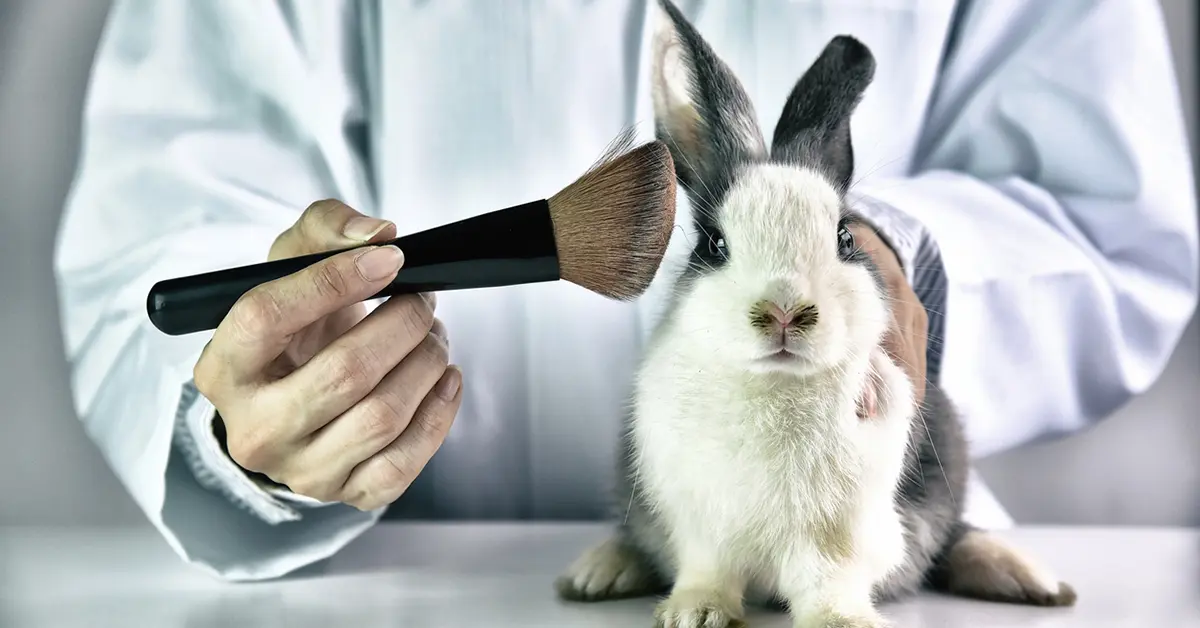
Cruelty-Free Makeup Must-Haves: Your Ultimate Guide
Essential Cruelty-Free Makeup: Your Complete Guide to Ethical Beauty The shift toward cruelty-free makeup has grown tremendously in recent years as more beauty enthusiasts demand ethical alternatives. Brands now offer products that are not only high-quality but also free from animal testing. Whether you’re new to cruelty-free makeup or looking to expand your collection, this…
Conclusion: Cruelty-Free Skincare Myths: Making Ethical Beauty Choices
As more consumers demand cruelty-free beauty options, it’s becoming easier to live out your values without sacrificing quality. From recognizing certified cruelty-free brands to debunking the myths surrounding animal testing, you now have the tools to shop more ethically and responsibly. Always look for the Leaping Bunny certification for products that are free of animal testing from start to finish.
By making informed decisions, you can contribute to a more compassionate world, while still enjoying the beauty products you love.
Cruelty-Free Skincare Myths: Related Article Links
- [Sustainable Beauty Practices: How to Shop Responsibly]
- [Unlocking the Secrets to Radiant Beauty: Skincare and Self-Care Essentials]
External Links: Cruelty-Free Skincare Myths
Explore more articles like this @ Where And How Resources
If you found this article helpful, don’t forget to share it with your friends and followers!

